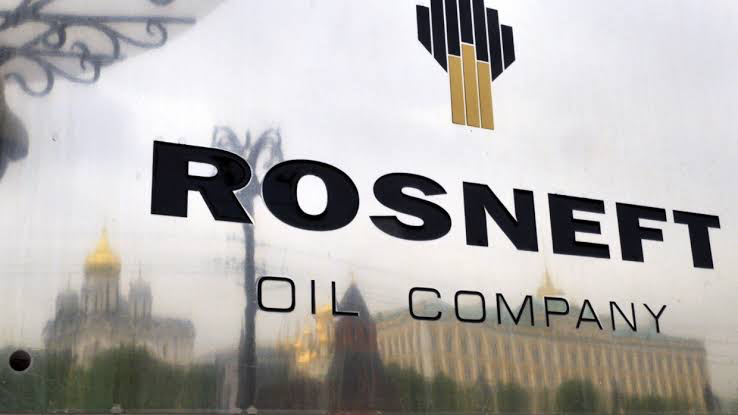KEY POINTS
- Russia considers merging Rosneft, Gazprom Neft, and Lukoil.
- Combined production would challenge major global oil players.
- Government remains cautious amid industry speculation and opposition.
Russia is said to be preparing a strategic move that will see Rosneft, Gazprom Neft, and Lukoil merged which will ensure that the country’s oil industry becomes the second largest in the world after Saudi Aramco’s industry.
According to a Wall Street Journal report, meetings between government officials and company executives have taken place over recent months to discuss the possible merger, though no final decisions have been made.
If the merger proceeds, the combined entity would produce nearly triple the output of ExxonMobil, marking a significant consolidation in Russia’s energy sector.
However, the proposed deal has the following difficulties: certain executives within the companies of Rosneft and Lukoil are against it. The next problem concerns the search for sufficiently large funds to indemnify the shareholders of Lukoil, especially if they do not welcome the state-led restructuring.
Industry response and Kremlin’s stance remain unclear
Both Rosneft and Lukoil have publicly denied involvement in any current merger discussions, with a Rosneft spokesperson dismissing the report as inaccurate.
According to Reuters, Lukoil has stated that neither it nor its shareholders are engaged in any talks that would benefit the company. The Kremlin has also been cautious, with a spokesperson saying that there is no knowledge of any such merger deal.
This proposal aligns with broader discussions about nationalizing parts of Russia’s energy industry. Last month, unconfirmed reports indicated that Energy Minister Sergei Tsivilev suggested to President Vladimir Putin that nationalizing the sector could ensure that energy profits remain under state control.
The Russian government has not confirmed or denied these claims, but the issue has sparked debates about the future direction of the country’s energy policies.
Future implications for global oil markets
A potential merger of Rosneft, Gazprom Neft, and Lukoil could dramatically impact global oil dynamics. Currently, oil and gas revenues are vital to Russia’s economy, with the energy sector contributing significant export income.
By consolidating its oil production capacity, Russia could reinforce its influence over oil prices, particularly in coordination with OPEC.
Nevertheless, the action is still at a conceptual level, and the merger is surrounded by many challenges. So if the Russian giants decided to merge, it would leave an unassailable structure in the global oil market that looks down on the western producers.
Still if any such merger is to occur it will as it has been mentioned entail a lot of bargaining and many changes in the Russian energy polices.



